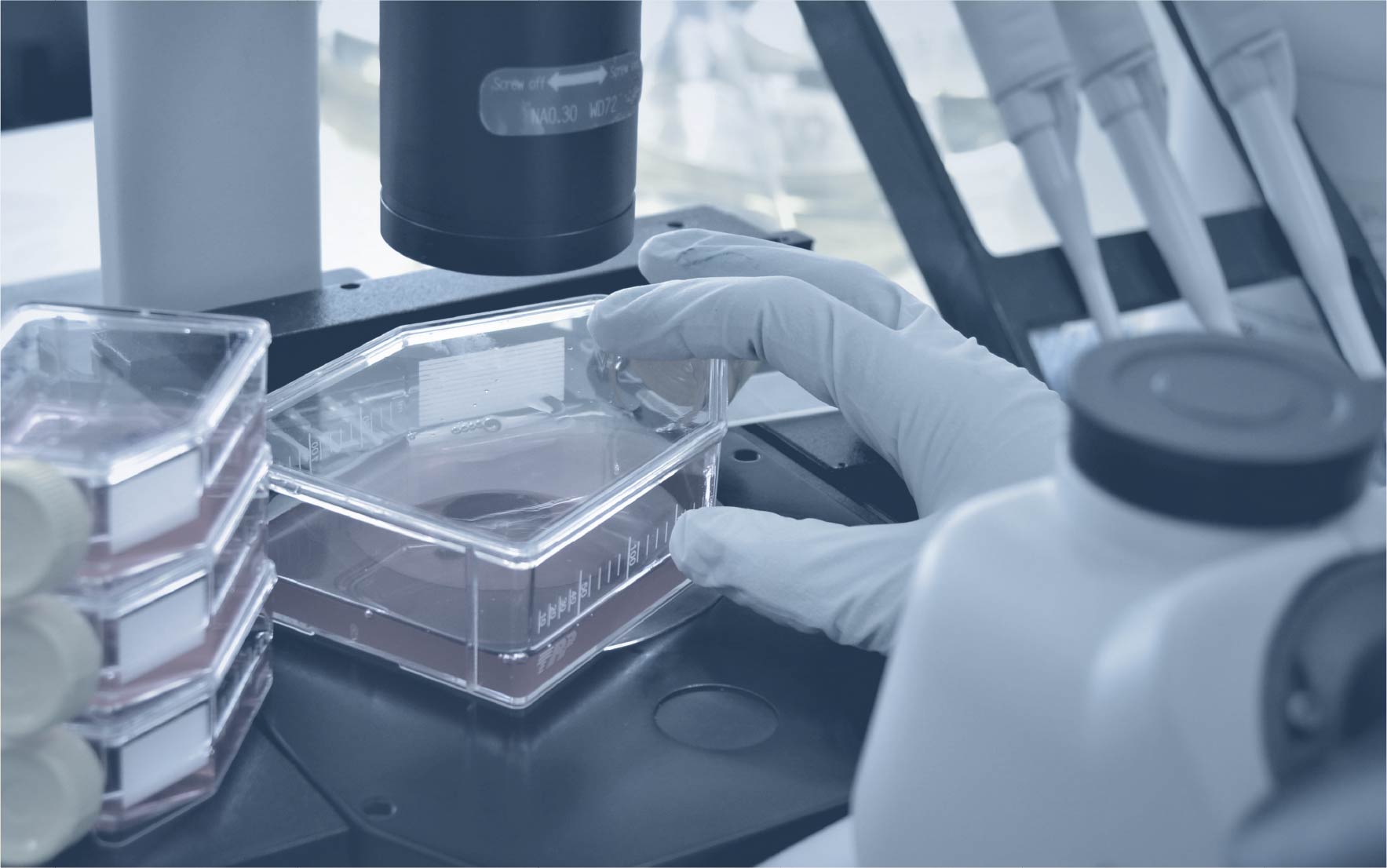Among the benefits of professionalizing project development and management, we highlight:
Centre’s projects

ROTELEEG
Aplicación de técnicas electroencefalográficas en el aturdimiento y sacrificio del rodaballo
El objetivo principal del proyecto es diseñar y optimizar una metodología para llevar a cabo electroencefalogramas en rodaballo, y así poder evaluar de una manera eficaz y económicamente viable el estado de aturdimiento del animal, garantizando así el bienestar animal.
Start date: 17/02/2023 | End date: 30/09/2023
Operation co-financed by the European Union. Operational Programme: European Maritime and Fisheries Fund (EMFF) 2014-2020. Xunta de Galicia


MIVALI
Desarrollo de vacunas microencapsuladas frente a Aeromonas salmonicida en rodaballo.
El objetivo específico del proyecto es desarrollar nuevas formulaciones vacunales que prolonguen el periodo de profilaxis y confieran un efecto protector a largo plazo. Los objetivos técnicos de este proyecto se centrarán el desarrollo de tecnologías de encapsulación que permitan la liberación controlada de antígenos y que confieran estabilidad a diferentes pHs compatibles con las condiciones fisiológicas de los peces. Paralelamente, se investigará el desarrollo de una vacuna de subunidades mediante una selección de posibles proteínas candidatas a vacuna por medio de enfoques bioinformáticos y de biología molecular. Se analizarán diferentes parámetros inmunológicos comparando los resultados del desafío con los parámetros inmunológicos. Con las fórmulas obtenidas, se realizarán ensayos in vivo a diferentes escalas para comprobar la eficacia de la vacuna y establecer una dosis-respuesta óptima.
Start date: 01/11/2022 | End date: 01/11/2025
Funded by the Ministry of Science and Innovation, the State Research Agency (10.13039/501100011033) and by the European Union “NextGenerationEU” in the framework of the Recovery, Transformation and Resilience Plan by the Xunta de Galicia, Consellería de Economía e Industria. Galician Institute for Economic Promotion (IGAPE).


CLÚSTERES
Ayudas a las agrupaciones empresariales (Clústeres) innovadoras en la comunidad Autónoma de Galicia.
Tiene cómo objetivo mejorar las competencias tecnológicas y elevar la competitividad de las empresas del sector acuícola. A través de la implementación de una red de conocimiento, desenvolvimiento de capacidades, y consolidación de la innovación tecnológica.
Start date: 10/01/2022 | End date: 15/10/2024
Co-financed by the Xunta de Galicia, Consellería de Economía e Industria. Galician Institute for Economic Promotion (IGAPE).


SERSBIOTECH
Sistema IoT de Detección Automática de Patógenos en agua mediante
Inteligencia Artificial, Biotecnología e integración tecnológica nano SERS para
la Prevención y Control de Brotes Infecciosos en Explotaciones Acuícolas.
Tiene cómo objeto el desarrollo de una novedosa generación de biosensores ultrasensibles basada en el uso combinado de nanoquímica, reconocimiento molecular y bio-funcionalización, en un sistema de cromatografía de flujo lateral (LFA) integrado en un software de espectroscopía de dispersión Raman (SERS).
Start date: 01/05/2021 | End date: 30/04/2023
Funded by the Galician Innovation Agency (GAIN) and by the European Union, through the European Regional Development Fund (ERDF).


EDiH DATAlife
Digital Innovation Hub para el despliegue de Inteligencia Artificial y análisis de datos en pymes del sector primario, biotecnológico y sanitario.
DATAlife tiene como objetivo principal acelerar la transformación digital, creando una economía justa, verde y saludable, apta para la era de la información. Una revolución digital de alta calidad centrada en las personas, el entorno y su bienestar. Esto se logrará aumentando la inteligencia artificial en las pymes y las administraciones públicas con aplicaciones fáciles de usar; creando espacios de datos colaborativos y federados; quitando carga de trabajo a los trabajadores mediante la recuperación automática de datos con IoT; manteniendo la competitividad mediante el uso de HPC y protegiendo los datos sensibles con las últimas aplicaciones europeas de ciberseguridad.
Start date: 01/12/2022 | End date: 30/11/2025
This project has received funding from Digital Europe programme under Grant Agreement No 101083755


ACUICULTURA 4.0
Aplicación de tecnologías de visión e inteligencia artificial a la mejora del proceso productivo.
El objetivo es la mejora en la cadena productiva de los individuos de una determinada especie que se encuentran en instalaciones acuícolas basadas en tanques, desde la siembra de las larvas hasta su llegada a la cadena de distribución. Esta mejora trata de maximizar la producción de los tanques y mejorar la calidad del producto final respetando en todo momento la calidad de vida de los animales.
Start date: 30/12/2021 | End date: 30/08/2023
Funded by the Next Generation Instrument RD 685/2021


FISHEUTRUST
Integración europea de nuevas tecnologías y soluciones socioeconómicas para aumentar la confianza y el compromiso de los consumidores con los productos del mar.
El objetivo principal es garantizar la sostenibilidad en el sistema alimentario y ofrecer soluciones para una cadena de suministro de productos del mar transparente y trazable, necesaria para promover los alimentos marinos de cultivo de alta calidad en toda Europa.
Start date: 01/06/2022 | End date: 31/05/2026
Funded by the European Union’s Horizon Europe programme under the grant agreement.

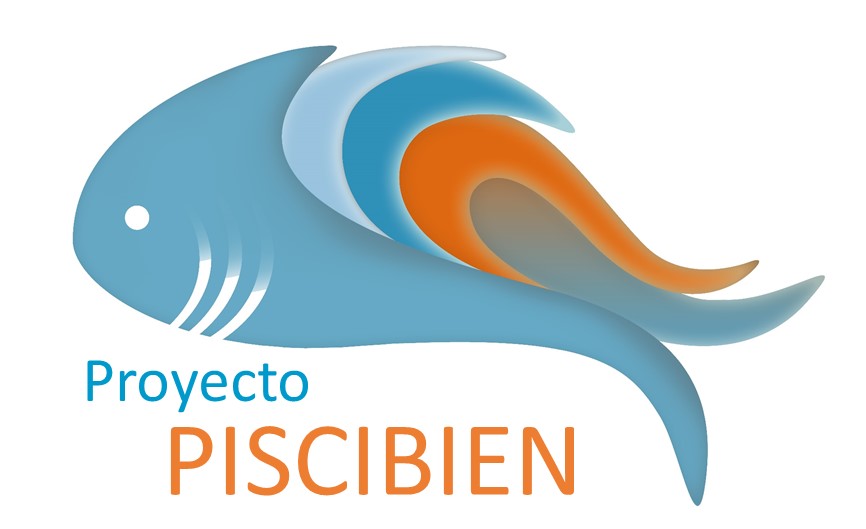
PISCIBIEN
Desarrollo e implementación de estrategias innovadoras para la mejora del bienestar de los peces en puntos críticos del cultivo acuícola.
El objetivo general del proyecto de desarrollar estrategias, metodologías y protocolos para medir el bienestar de los peces en los puntos críticos en los que dicho bienestar está más comprometido con la finalidad de proporcionar guías y protocolos para la industria acuícola y auxiliar.
Start date: 30/12/2021 | End date: 15/10/2023
Funded by the European Union Next Generation EU. RD 685/2021.


FISHEALTH
RED FISHEALTH: RED DE EXCELENCIA APLICADA A LA INNOVACIÓN Y
DESARROLLO DE SOLUCIONES PARA EL CONTROL DE ENFERMEDADES INFECCIOSAS EN PRODUCCIÓN ACUÍCOLA
El proyecto RED FISHEALTH tiene como objetivo desarrollar nuevas herramientas y plataformas integradas de prevención, diagnóstico y tratamiento de las enfermedades infecciosas en acuicultura y reforzar la competitividad del sector acuícola, mediante un proceso de transferencia de la I+D+i que permita disminuir el impacto de dichas patologías en la acuicultura española.
Start date: 01/01/2021 | End date: 31/12/2023
Funded by the Centre for the Development of Industrial Technology (CDTI) and the Ministry of Science and Innovation.

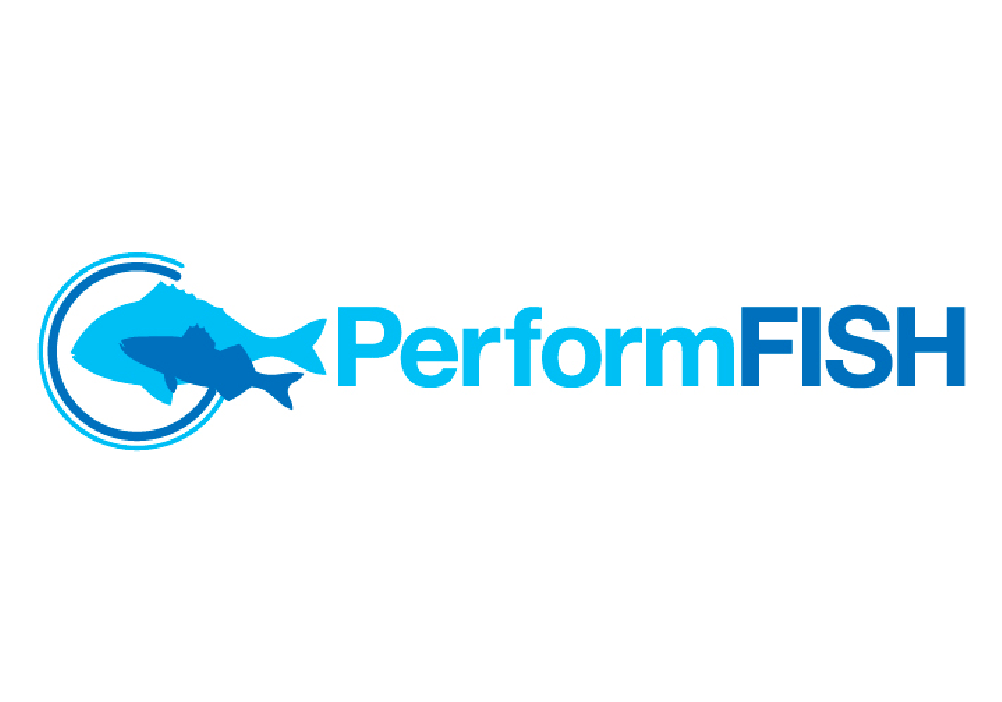
PEFORMFISH
Mejora de los KPI en acuicultura
Integración de los enfoques innovadoras para mejora de las actuaciones de competitividad y sostenibilidad en la cadena de valor de la acuicultura mediterránea, en especies de alto valor comercial como la dorada y la lubina. El objetivo del presente proyecto consiste en mejorar aspectos relacionados con innovaciones biológicas y técnicas operacionales que permitan integrar soluciones efectivas.
Fecha de inicio: 01/05/2017 | Fecha de fin: 30/09/2022
Este proyecto ha recibido financiación del programa de investigación e innovación Horizonte 2020 de la Unión Europea en virtud del Acuerdo de subvención no 727610

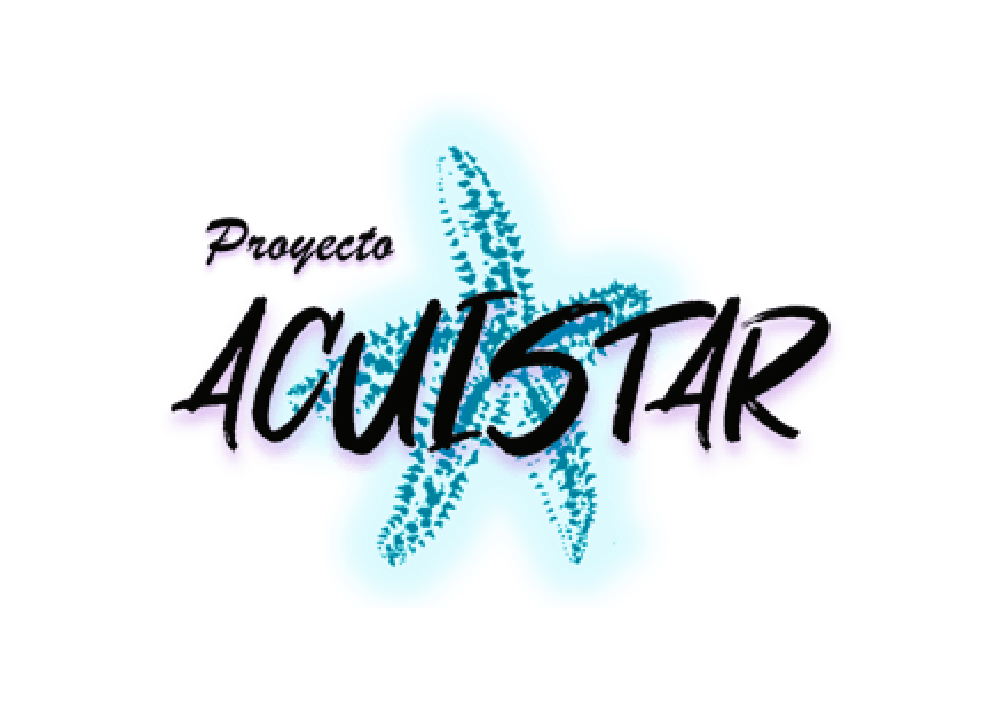
ACUISTAR
Estratexias para valoración de estrela de mar Marthasterias glacialis
Este proxecto ten como obxetivos por un lado, analizar o aproveitamento das estrelas de mar como materia prima en varios sectores productivos, analizar o perfil nutricional e o posible contido de sustancias tóxicas en mostras de estrelas de mar obtidas en localización separadas xeograficamente o largo da costa galega. E por outro lado analizar a presenza de patógenos nas mostras de estrelas de mas. E avaliar a viabilidade do uso da estrela de mar como materia prima para a elaboración de abonos ou emendas orgánicas para a agricultura.
Fecha de inicio: 09/10/2019 | Fecha de fin: 09/10/2021
Colaboración de la Fundación Biodiversidad del Ministerio para la Transición Ecológica y el Reto Demográfico, a través del Programa pleamar, cofinanciado por el Fondo Europeo Marítimo y Pesca (FEMP)

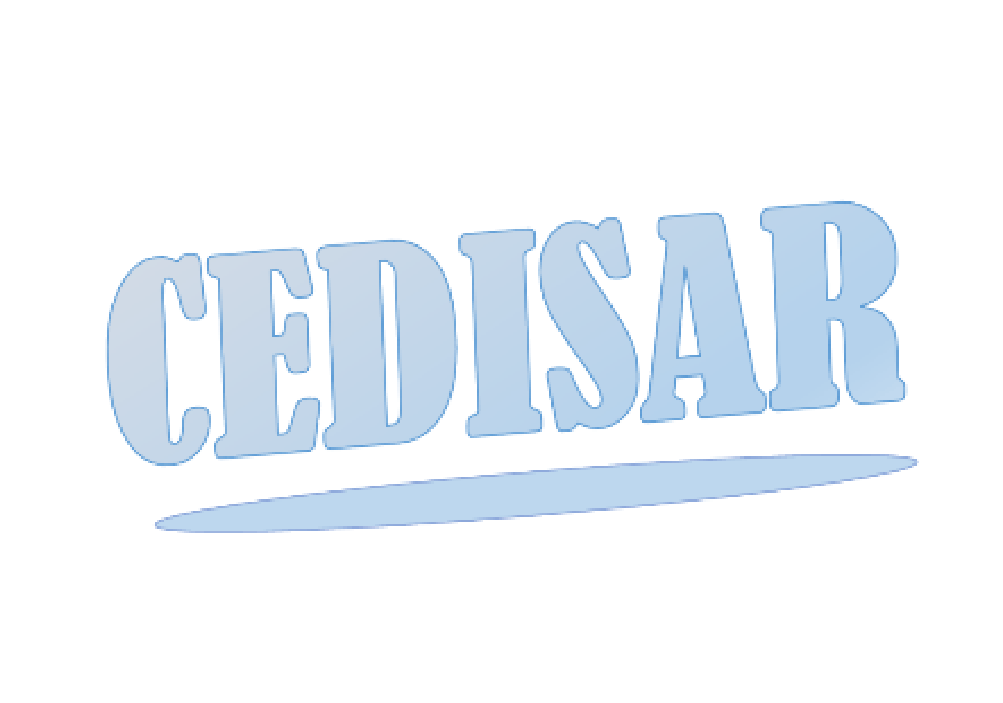
CEDISAR
Coanálisis EDNA-QPCR para detección rápida de índice sanitario en rodaballo
El empleo de este índice permite optimizar la gestión sanitaria de los centros de acuicultura, aportando soluciones innovadoras basadas en nuevos desarrollos de I+d que ayuden a aumentar la productividad y competitividad tecnológica del sector.
Fecha de inicio: 01/07/2021 | Fecha de fin: 15/10/2022
Operación Cofinanciada pola Unión Europea. Programa Operativo do Fondo Europeo Marítimo e de Pesca (FEMP) 2014-2020

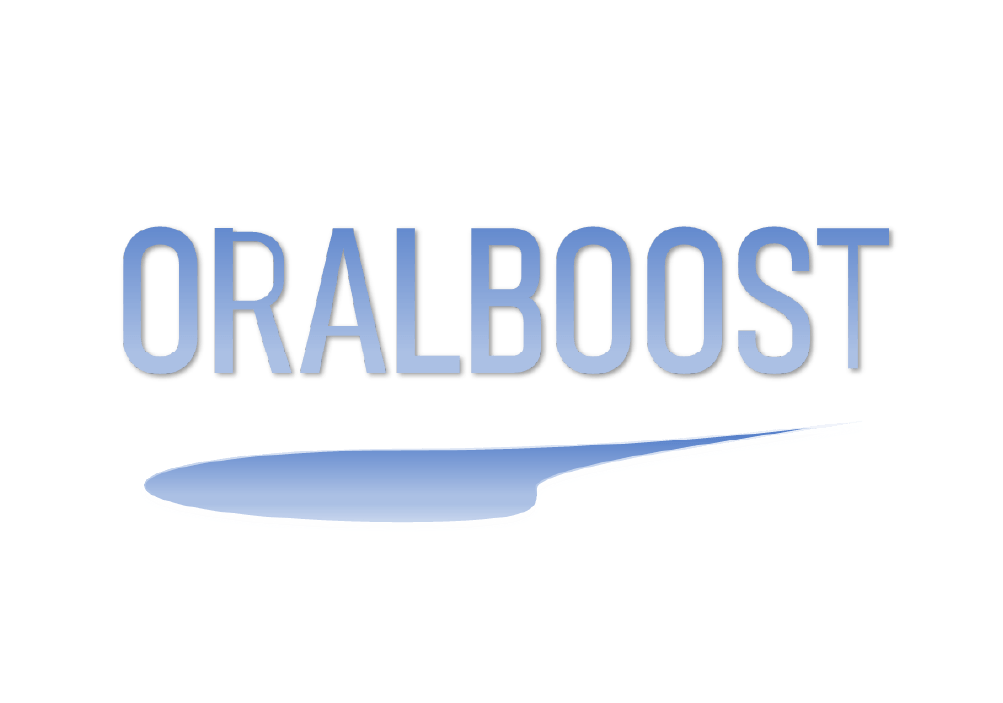
ORALBOOST
Desenvolvemento de novas vacinas orais en peixes e estudo da súa eficiencia
Este proyecto fué diseñado con el objetivo de formular vacunas orales eficaces para su aplicación en acuicultura y que aseguren una liberación óptima y controlada a nivel intestinal, dando origen de este modo a una estimulación efectiva del sistema inmunitario
Fecha de inicio: 01/07/2021 | Fecha de fin: 15/10/2022
Operación Cofinanciada pola Unión Europea. Programa Operativo do Fondo Europeo Marítimo e de Pesca (FEMP) 2014-2020

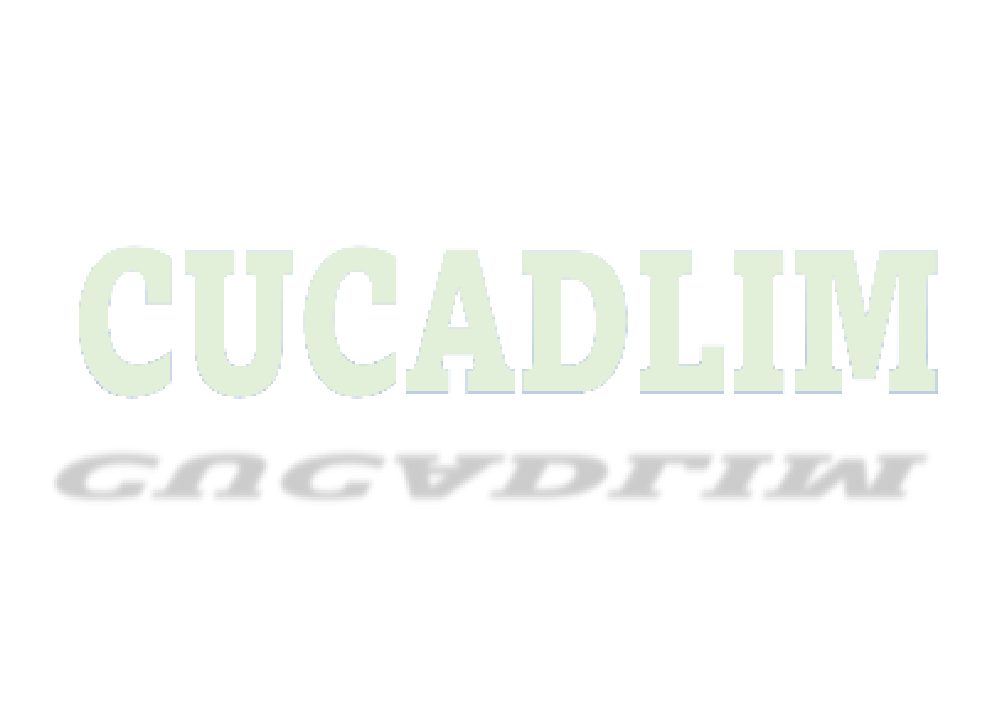
CUCADLIM
Tempo de residencia e eliminación de tóxicos en tecidos de ameixa
El principal objetivo del proyecto CUCADLIM fue determinar y estudiar técnicas que permitieran minimizar el impacto de los metales cobre y cadmio en la supervivencia y crecimiento de la almeja japónica (Ruditapes philippinarum).
Fecha de inicio: 01/08/2021 | Fecha de fin: 15/10/2022
Operación Cofinanciada pola Unión Europea. Programa Operativo do Fondo Europeo Marítimo e de Pesca (FEMP) 2014-2020

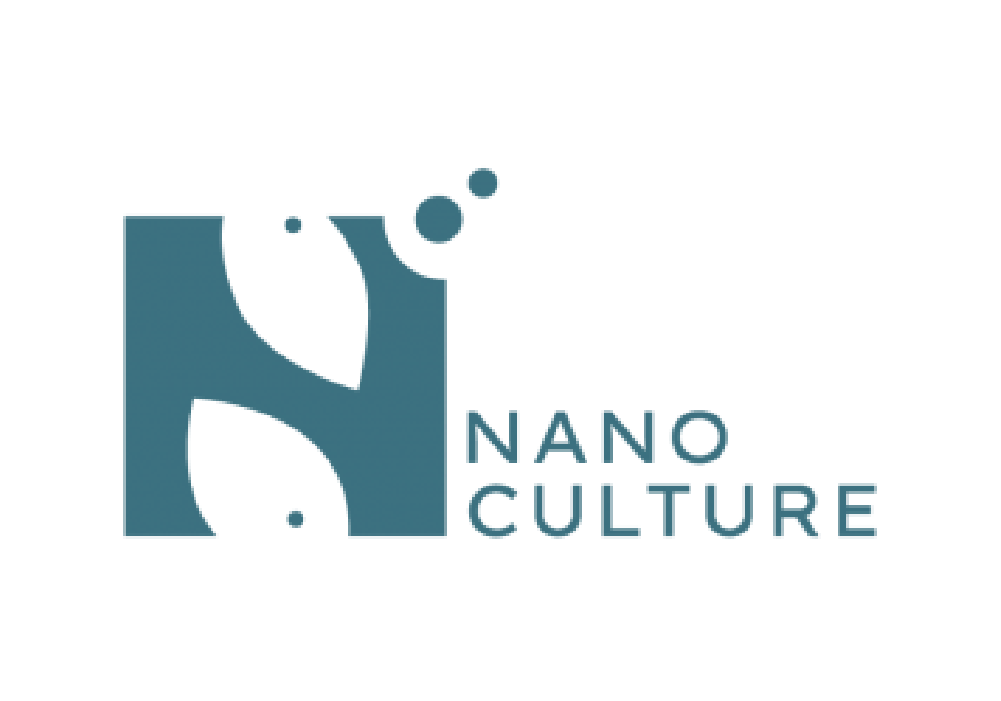
NANOCULTURE
Avaliación de riscos e mitigación da presencia de nanomateriais de enxeñeira na acuicultura atlántica
O obxectivo principal é avanza no coñecemento, avaliación de riscos e mitigación da presencia ambiental das nanopartícualas da enxeñeira mais utilizadas nos produtos do mercado.
Fecha de inicio: 29/05/2019 | Fecha de fin: 01/05/2022
Financiado por el Programa Operativo Interreg Atlántic Area

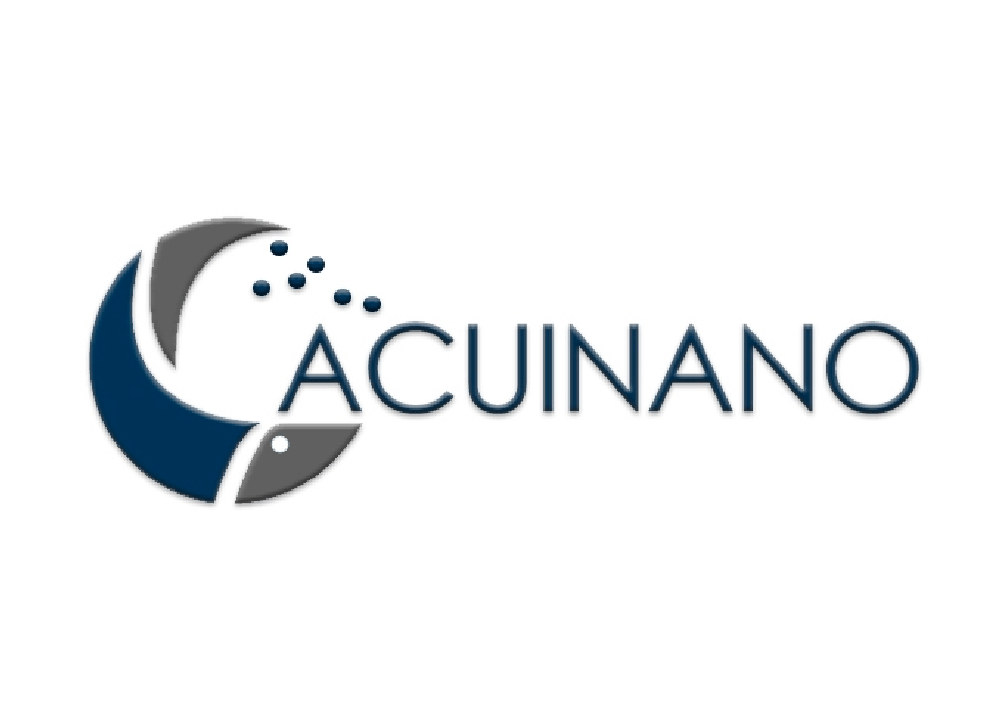
ACUINANO
Impacto de nanopartículas metálicas en ecosistemas acuáticos y en productos de acuicultura. Desarrollo de métodos para su detección
El objetivo principal es avanzar en el conocimiento de los posibles efectos tóxicos de las nanopartículas metálicas (nps) de tio2 y ag en los ecosistemas acuáticos relacionados con el sector de la acuicultura, así como el estudio de los posibles efectos en los peces y su posible implicación en la alimentación humana.
Fecha de inicio: 19/06/2019 | Fecha de fin: 31/12/2021
Financiado por el programa operativo EP – INTERREG V A España Portugal (POCTEP)
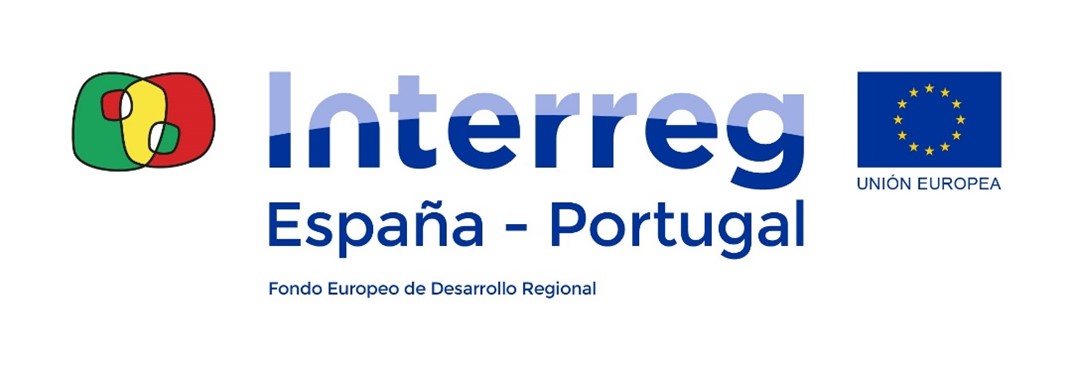
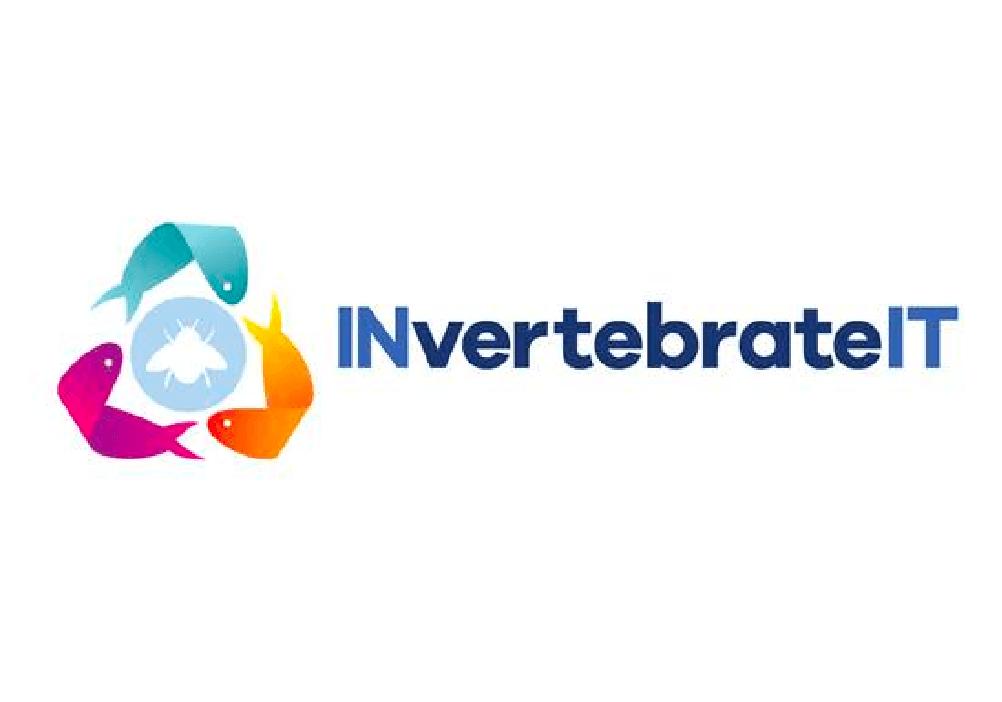
INvertebrateIT
Fecha de inicio: 01/04/2017 | Fecha de fin: 31/03/2019
Financiado por la Unión Europea en el marco del programa EASME/EMFF/2016/1.2.1.3/02/S12.751532


FISHFLOC
Innovación en el cultivo de peces marinos aplicando la tecnología biofloc en diferentes etapas para una acuicultura más sostenible.
La tecnología biofloc (TBF) permite minimizar el consumo de agua en los sistemas acuícolas, al mismo tiempo que reduce la emisión residuos al transformarlos en bioflóculos ricos en proteínas, que a su vez sirven como alimento.
El objetivo de este estudio fue evaluar la aplicabilidad de TBF en la fase larvaria del cultivo de rodaballo al considerarlo como una evolución lógica de los métodos de cultivo en agua verde.
Fecha de inicio: 15/11/2020 | Fecha de fin: 15/11/2021
Colaboración de la Fundación Biodiversidad, Ministerio para la Transición Ecológica y el Reto demográfico, a través del programa Pleamar, cofinanciado por el FEMP


SERIOLA
Diversificación de la acuicultura española mediante la optimización del cultivo de seriola (Seriola dumerilli)
El objetivo del proyecto es impulsar la producción de Seriola o Medregal (Seriola dumerilli) a nivel industrial en diferentes regiones españolas. En cuanto a los objetivos específicos, se concentraron en tres líneas de actuación en los que es necesario aplicar un mayor esfuerzo para la implementación del cultivo a escala comercial. Optimización de los protocolos y dietas de destete durante la fase larvaria; Evaluación de sistemas de cultivo e implementación de dietas funcionales durante la fase de engorde; Definición de protocolos y estrategias de actuación ante las principales patologías que afectan al cultivo de esta especie.
Fecha de inicio: 30/10/2017 | Fecha de fin: 31/12/2018
Conforme a las condiciones de la convocatoria de las ayudas a la investigación en los Planes Nacionales de Acuicultura JACUMAR financiadas por el Fondo Europeo Marítimo y de Pesca 2014-2020 (BOE Nº145 del 16/06/2016)


NOVOFEED
Smart-System para la alimentación de cría larvaria en acuicultura con pienso vivo.
Fecha de inicio: 01/10/2012 | Fecha de fin: 01/10/2015
Financiado por la Unión Europea a través del Séptimo Programa Marco de I+D que cuenta con la participación

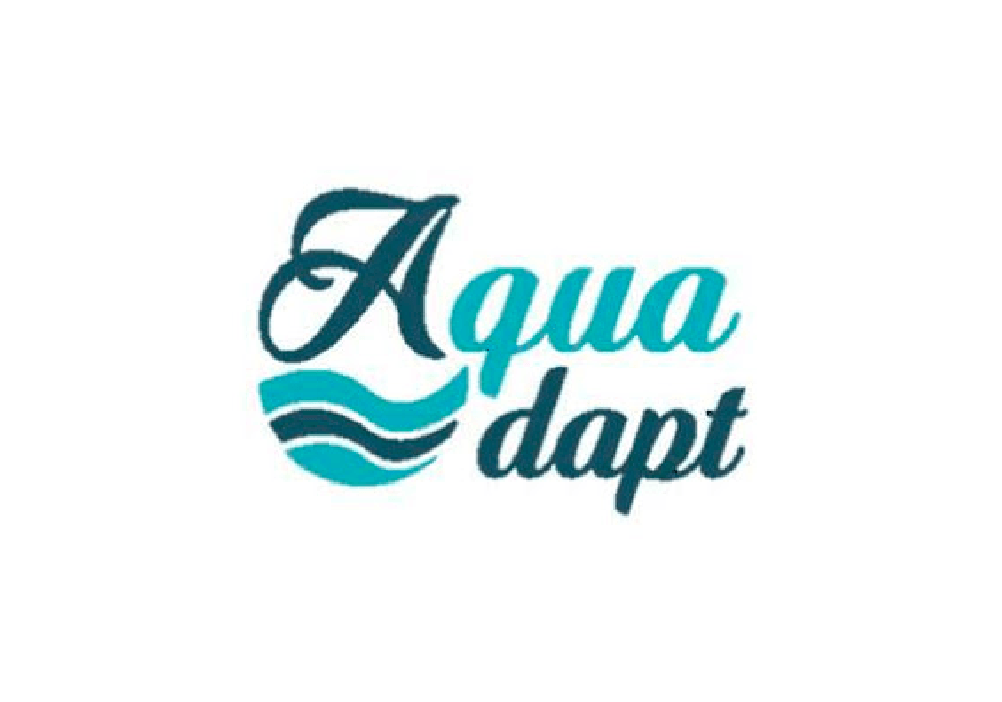
AQUADAPT
Implementación del plan de acción para la adaptación del sector piscícola marino español al cambio climático
El proyecto está totalmente alineado con los objetivos de PNACC, proponiendo acciones y medidas de adaptación concretas para contribuir a la adaptación del sector piscícola marino al cambio climático. Además, proporciona un conocimiento de los efectos del cambio climático en el sector de la piscicultura marina en nuestro país, y también a nivel europeo que contribuirá al trabajo sinérgico de la comunidad científica, actores del tejido empresarial y las administraciones.
Fecha de inicio: 01/09/2017 | Fecha de fin: 30/06/2018
Fundación Biodiversidad del Ministerio de Agricultura y Pesca, Alimentación y Medio Ambiente (MAPAMA)

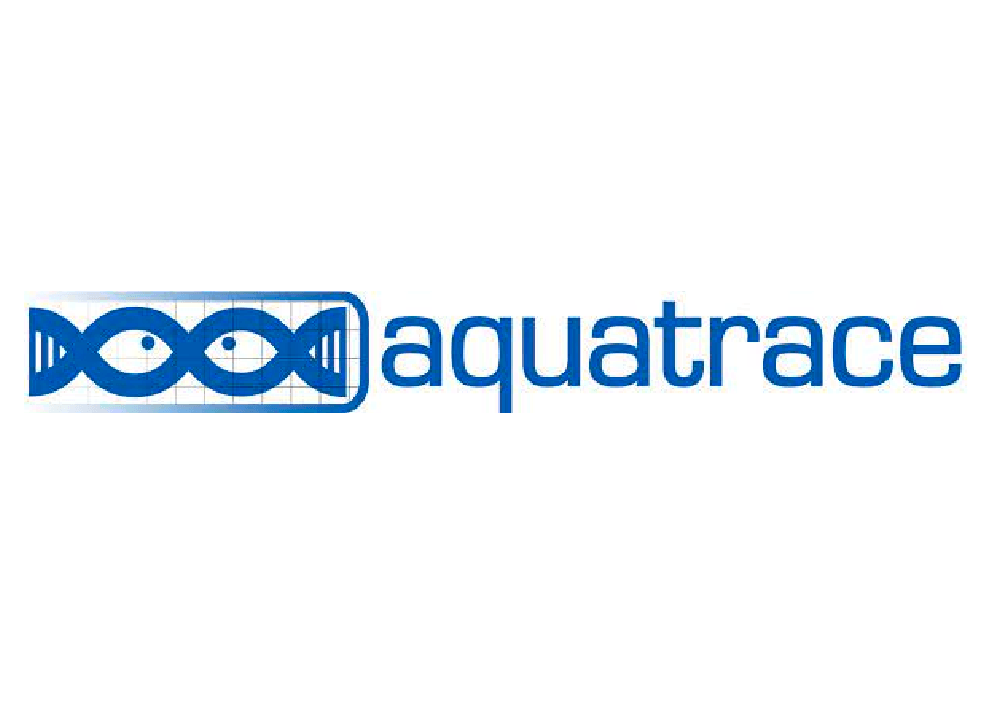
AQUATRACE
The development of tools for tracing and evaluating the genetic impact of fish from aquaculture: “AquaTrace”
Proyecto destinado al estudio de los cambios genéticos asociados a la acuicultura en peces, podrían suponer una amenaza para la genética de los peces salvajes. Con este proyecto se trata de analizar desde una perspectiva genética si los escapes de poblaciones acuícolas tienen algún impacto en el medio en el caso de que llegase a producirse.
Fecha de inicio: 30/10/2017 | Fecha de fin: 31/12/2018
Conforme a las condiciones de la convocatoria de las ayudas a la investigación en los Planes Nacionales de Acuicultura JACUMAR financiadas por el Fondo Europeo Marítimo y de Pesca 2014-2020 (BOE Nº145 del 16/06/2016)


FISHBOOST
Improving European aquaculture by advancing selective breeding to the next level for the six main finfish species
En este Proyecto se investigó la mejora de la selección de reproductores a través de avanzados sistemas de selección de las 6 especies más importantes en el sector acuícola Europeo.
Fecha de inicio: 01/02/2014 | Fecha de fin: 31/01/2019
FISHBOOST ha sido financiado por la Comisión Europea dentro del 7º Programa Marco de Investigación y Desarrollo Tecnológico con el acuerdo de subvención nº 613611


ACUAENERGY
Mejora la competitividad de las plantas acuícolas a través de la eficiencia energética
El objetivo general de este proyecto es mejorar y potenciar el crecimiento del sector de la acuicultura mediante la identificación, análisis y difusión de soluciones energéticas sostenibles medioambiental y económicamente.
Fecha de inicio: 23/05/2019 | Fecha de fin: 30/06/2021
Financiado por el programa operativo EP – INTERREG V A España Portugal (POCTEP)

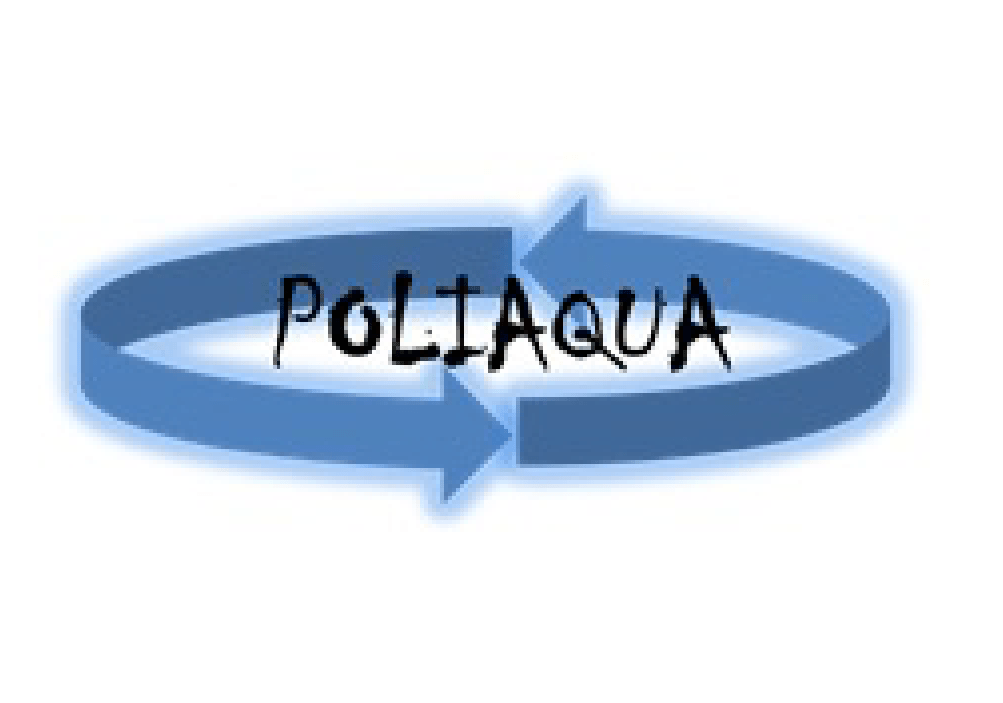
POLIAQUA
Estudio y desarrollo industrial de sistemas de policultivo integrado peces-macroalgas-hervívoros que permitan el aprovechamiento de efluentes de instalaciones acuícolas
El objetivo es estudiar y desarrollar metodologías a escala piloto para reducir los niveles de nitrógeno y fósforo de los efluentes que serán aprovechados para producir oreja de mar, un molusco de alto valor comercial.
Fecha de inicio: 09/10/2019 | Fecha de fin: 09/10/2020
Colaboración de la Fundación Biodiversidad del Ministerio para la Transición Ecológica y el Reto Demográfico, a través del Programa pleamar, cofinanciado por el Fondo Europeo Marítimo y Pesca (FEMP)

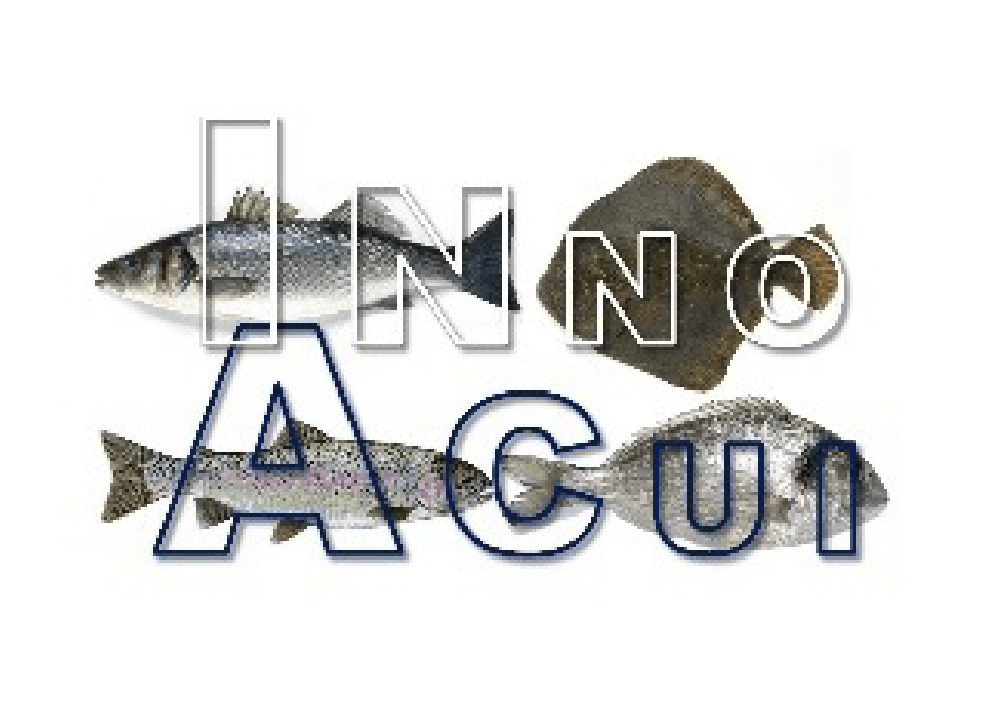
INNOACUI
Incorporación de la innovación en relación al bienestar animal en peces de la acuicultura de España
Desarrollo y aplicación de conocimientos técnicos u organizativos innovadores en las explotaciones acuícolas que mejoren el bienestar animal, faciliten los métodos de producción sostenible y reduzca el impacto en el medio ambiente.
Fecha de inicio: 09/12/2019 | Fecha de fin: 08/12/2020
Colaboración de la Fundación Biodiversidad del Ministerio para la Transición Ecológica y el Reto Demográfico, a través del Programa pleamar, cofinanciado por el Fondo Europeo Marítimo y Pesca (FEMP)

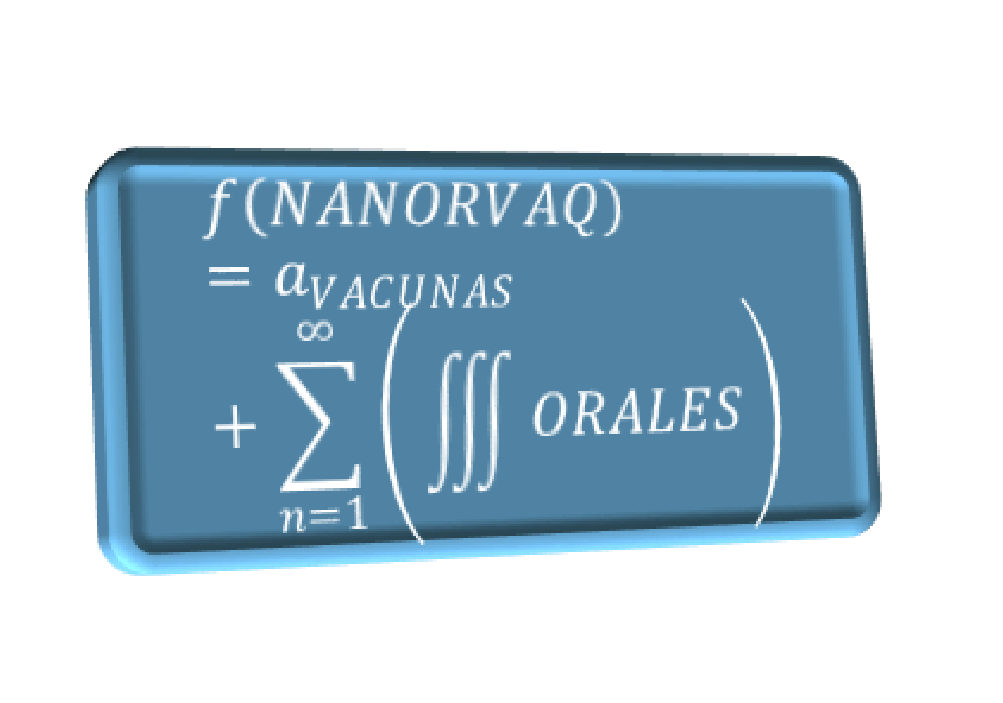
NANORVAC
Uso de la nanotecnología en el diseño de nuevas vacunas orales en acuicultura
El objetivo de este proyecto es el desarrollo de una vacuna oral basada en nanotecnología comprobando a su eficacia para transferirla al sector acuícola.
Fecha de inicio: 21/08/2019 | Fecha de fin: 15/10/2020
Operación cofinanciada por la Unión Europea. Programa Operativo Fondo Europeo Marítimo e de Pesca. (2014-2020). Xunta de Galicia. Consellería do mar


AQUAFREEZE
Estudio de un nuevo método de aturdimiento con agua helada de elevada fuerza iónica
El objetivo de este proyecto es el desarrollo de un método de aturdimiento alternativo con un de hielo líquido que permita la inmediata inconsciencia de los ejemplares antes de su sacrificio.
Fecha de inicio: 21/08/2019 | Fecha de fin: 15/10/2020
Operación cofinanciada por la Unión Europea. Programa Operativo Fondo Europeo Marítimo e de Pesca. (2014-2020). Xunta de Galicia. Consellería do mar

